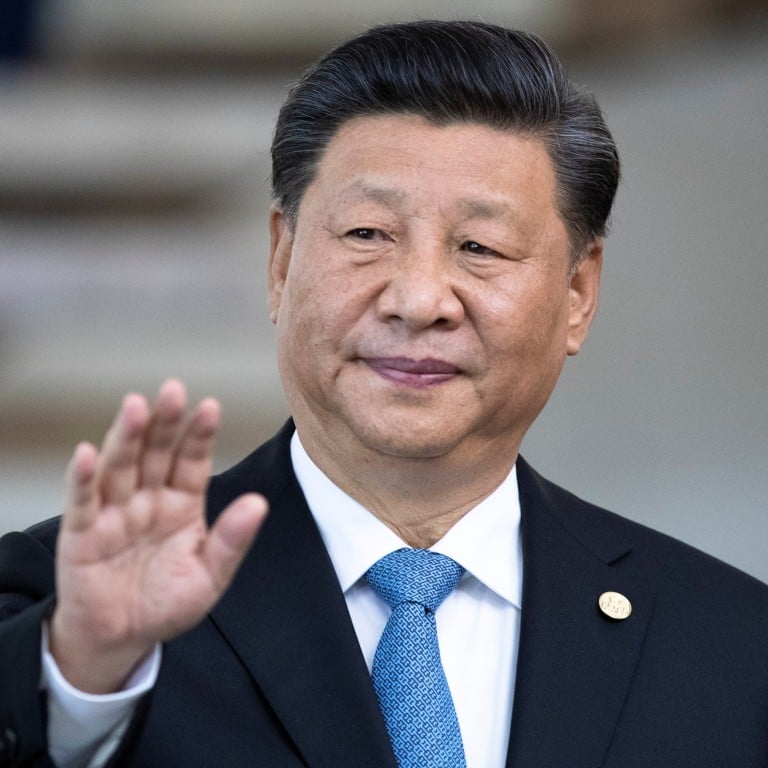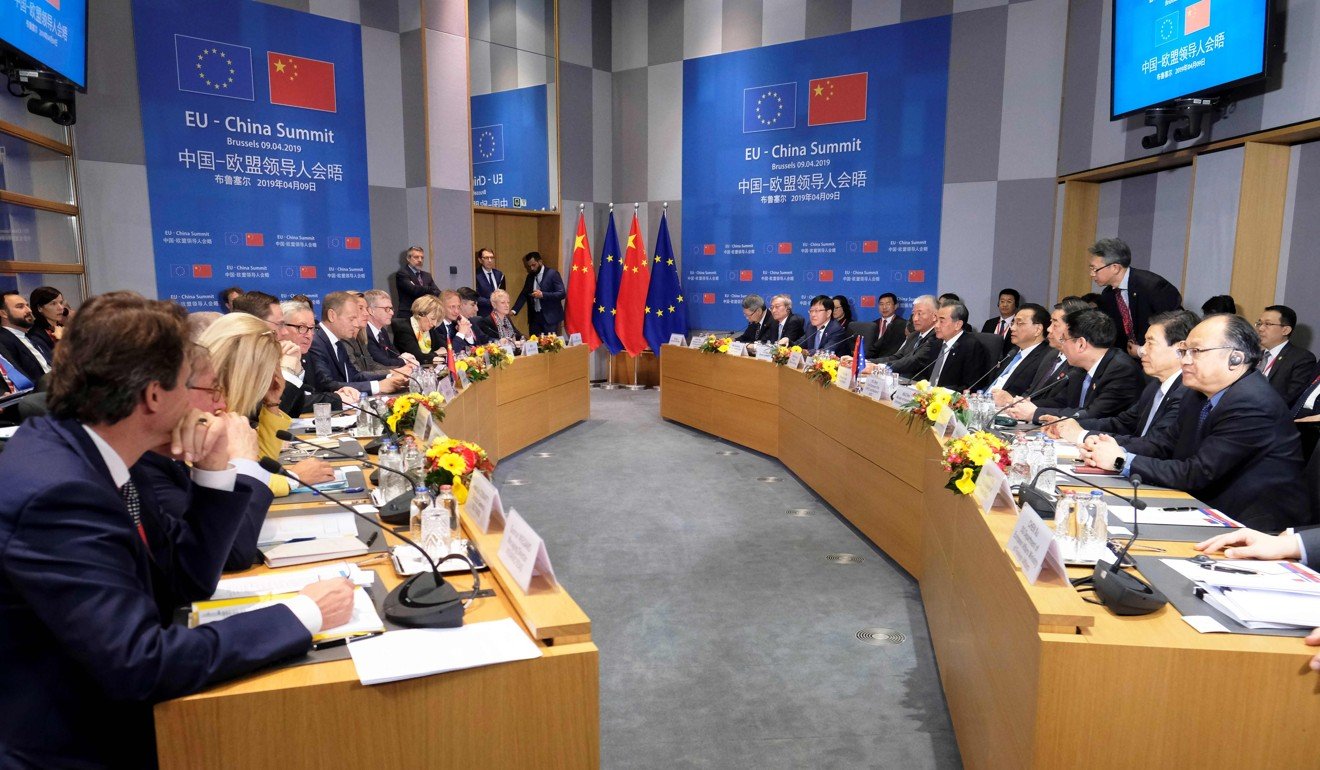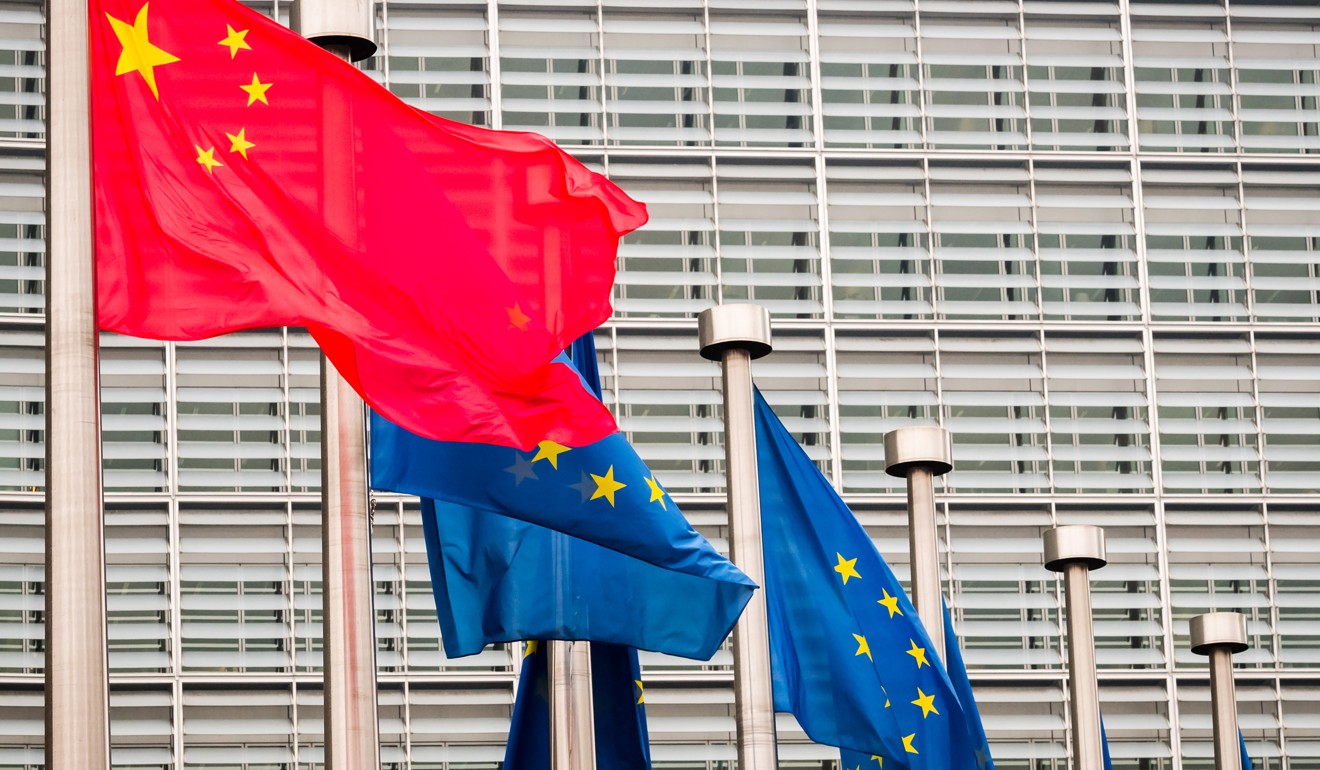
Chinese President Xi Jinping to take over as host of ‘17+1’ summit with European leaders
- Decision to replace Premier Li Keqiang at annual meeting reflects Beijing’s increased focus on Europe amid rising tensions with US, sources say
- Xi expected to deliver a keynote speech and meet heads of state from across Central and Eastern Europe at April event
Invitations for the event – launched by Beijing in 2012 and better known as the “17+1” for the 17 European nations that take part – were sent to European leaders in Xi’s name, according to diplomats who have seen them.
One source, who declined to be named, said Xi was expected to deliver a keynote speech at the summit, which is set to take place in April in the Chinese capital, and meet the visiting dignitaries.
On the matter of Li being replaced after six years in charge, the person said: “The tradition has changed as circumstances have changed.”
Li hosted all but the first of the 17+1 meetings, at which former premier Wen Jiabao presided.

Observers said the change of host was evidence of Beijing’s efforts to upgrade its engagement with Europe as its rivalry with the US has spilled over from trade into the fields of technology, defence and even ideology.
“China has the intention [to increase ties to Europe] and so do its [17+1] counterparts,” said Wang Yiwei, a professor of international relations at the Renmin University of China in Beijing.
The change from Li to Xi, he said was also “in line with the arrangements for Xi’s summit with the leaders of the European Union’s 27 member states” later in the year.
He was referring to an event set to take place in September in Leipzig, which will be hosted by German Chancellor Angela Merkel and attended by Xi and the EU’s state leaders.
Chinese foreign minister says EU investment pact is a top priority
The members of the 17+1 group include 12 EU member states – Estonia, Latvia, Lithuania, Poland, the Czech Republic, Slovakia, Hungary, Romania, Bulgaria, Croatia, Slovenia and Greece – and five aspiring members: Serbia, Bosnia and Herzegovina, Montenegro, Albania and North Macedonia.

Wang said that while poorer Central and Eastern European nations were keen to improve ties with China for economic reasons, some also wanted to use their links to Beijing as a way to give them more leverage within the EU.
“While Merkel and [French President Emmanuel] Macron have met China’s leaders and secured dozens of business deals, countries in Eastern Europe have been accused of dividing the continent because of their engagement with China,” he said.
Not that the relationship between Beijing and its 17 European allies has been all plain sailing.
Meanwhile, EU officials have been critical of the 17+1 group, saying it threatens to undermine the bloc’s unity on its China policies, and accusing Beijing of using the belt and road plan to gain influence in Europe by building infrastructure projects in poorer EU states like Greece and Hungary.
During his visit to the Slovenian capital Ljubljana last month, China’s Foreign Minister Wang Yi denied Beijing was trying to divide Europe but said it did want to boost cooperation with its 17 European partners in the areas of artificial intelligence, financial technology, environmental protection and the digital economy.
Despite being ousted as host of the 17+1 event, Li would still co-host the regular China-European Union summit in Beijing in May, the sources said.

